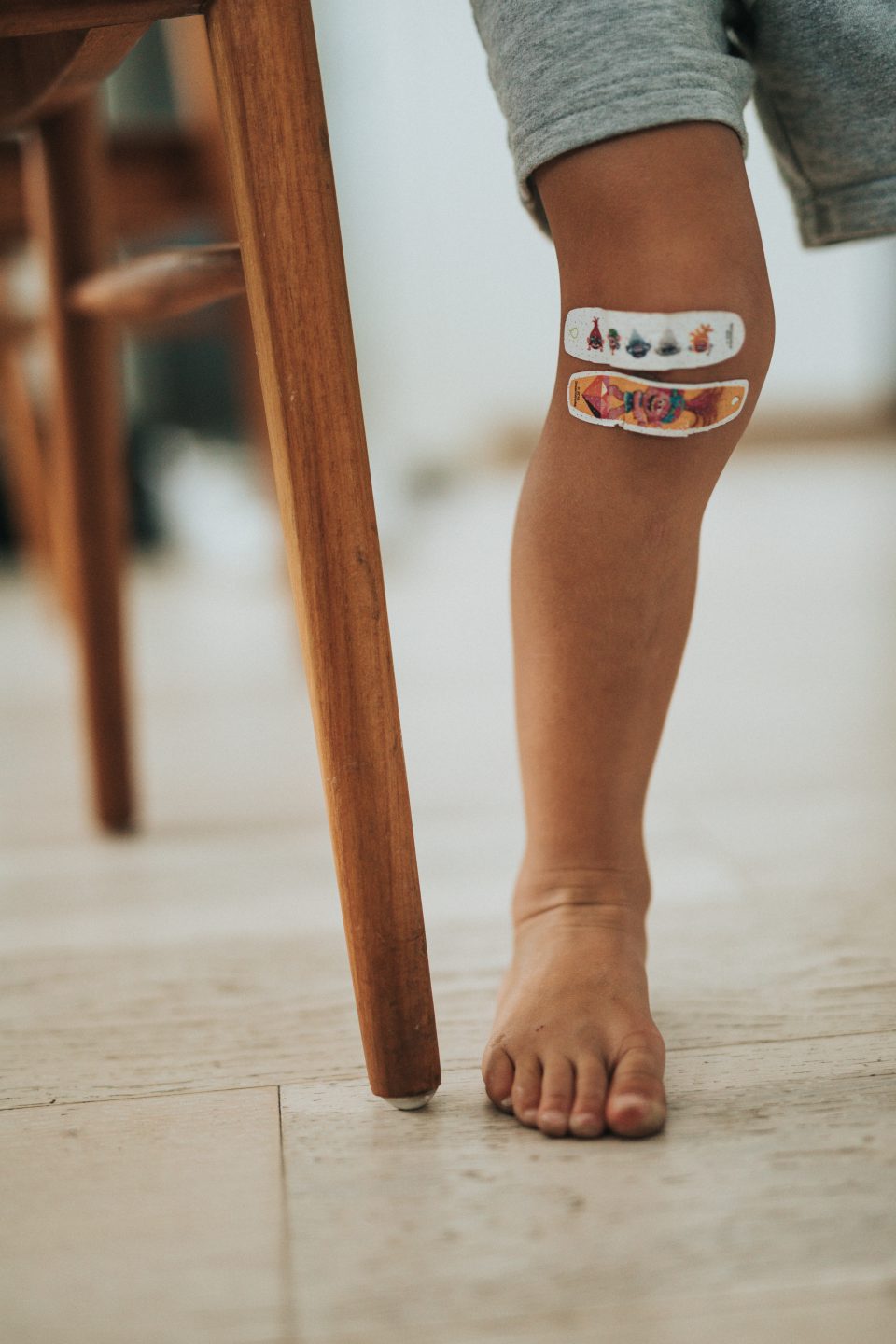An individual involved in a motor vehicle accident may suffer from multiple types of injuries. Although knee injuries are not as common as neck and back injuries, they can be quite serious consequences of an accident. Knee injuries may require surgery and rehabilitation, which can be both expensive and time consuming.
A motor vehicle accident victim may suffer from different types of knee injuries, ranging from simple cuts and burns to severe ligament and soft tissue injuries. Some suffer knee injuries that are more complicated than others and may require long-term treatment.
COMMON TYPES OF KNEE INJURIES
Knee injuries are often suffered by motor vehicle accident victims due to the sudden external force on the victim’s knee. Knee injuries can occur in several ways depending upon the nature of the crash, such as a side-impact, rear-ender or rollover. The knee can strike the dashboard, window or any interior part of the vehicle, resulting in a direct blow to the knee or an injury caused by twisting or hyper-extentsion of the leg. Knee pain can begin at the knee itself or can be referred from problems with the lower back, hip or ankle.
The knee is made up of several bones, which include the femur, tibia, fibula and patella that come together at the knee. There are also muscles, tendons and ligaments that provide balance and allow for movement of the knee joint. Two pieces of cartilage called menisci sit on top of the tibia and act as shock-absorbers and fluid-filled sacs, called bursas, surround the knee and cushion it as it moves.
In order for the knee to work, all of these parts need to function properly. Trauma or an acute injury to the knee can cause serious damage and have lifelong affects.
The following are some common types of knee injuries suffered in car accidents:
Anterior Cruciate Ligament (ACL) Injury
A torn ACL injury occurs when the ACL tears away from the knee joint. The severity of the injury depends on the extent of the ACL damage. A doctor may recommend immediate surgery, depending upon the severity of the injury.
Posterior Cruciate Ligament (PCL) Injury
This type of injury is often referred to as dashboard knee. It occurs when the knee of the driver or the passenger hits the dashboard of the car. Symptoms often include pain, tenderness, knee joint instability and swelling. This injury affects the ligament connecting the tibia (shinbone) to the femur (thighbone).
Medial Collateral Ligament (MCL) Injury
A torn MCL injury occurs when there is a sprain or tear to the MCL. Symptoms include pain, stiffness and swelling and can range from mild to severe, depending on the extent of the damage to the knee. This type of injury can often be treated without surgery and will involve rest, bracing and physical therapy. If the ligament is torn in a way that makes it impossible to heal, surgery may be required.
Meniscus Injury
This type of injury involves the discs that help prevent friction between the knee bones and provide cushioning and stability while walking. Symptoms often include swelling, severe pain, instability, popping, locking in the knee and the inability for the knee to support the person’s weight.
A torn meniscus injury occurs as a result of forceful twisting or hyper-flexing of the knee joint. Treatment often includes therapy to strengthen the muscles that stabilize the knee. If this treatment does not result in any improvement, surgery may be required.
Knee Fracture
A kneecap fracture can occur at the top, centre or bottom and can occur in more than one area. A fracture to the knee is usually caused by a direct blow. Symptoms often include bruising, swelling, an inability to walk or straighten the leg. Surgery may be required depending on the severity and the location of the injury.
Dislocations
A kneecap dislocation occurs when the kneecap slides to the outside of the leg. Dislocation can usually be detected by looking at the knee and is associated with symptoms of being unable to straighten the leg, pain, swelling and tenderness.
CONSEQUENCES OF A KNEE INJURY
The outcomes of a knee injury vary depending upon the severity of the injury, the age of the victim, and the victim’s physical condition. Some knee injuries heal well with time and after initial medical treatment. Other knee injuries can result in long-lasting outcomes.
Doctors typically take a conservative approach to treating a minor knee injury. They rely on the RICE method, which involves rest, ice, compression and elevation.
If this approach fails to offer any improvement, a doctor may recommend physical therapy for several weeks or even months. If the injury is more serious, surgical treatment may be a treatment option.
CONSEQUENCES OF AN UNTREATED OR IMPROPERLY TREATED KNEE INJURY
Those that have been involved in a motor vehicle accident and have suffered an injury to their knee or knees may need weeks or months to recover resulting in a loss of income. The injury may cause the victim to be unable to remain employed or unable to return to the job that he/she once performed resulting in a loss of earning capacity.
If knee injuries are left untreated or improperly treated, complications may arise such as chronic pain, tendency towards a re-injury, artery or nerve damage, continued knee joint instability, knee degeneration, and increased risk of developing arthritis.
If you or a loved one have been involved in a motor vehicle accident and suffer from serious injuries, it is recommended that medical attention is sought immediately. You are entitled to fair compensation to help you recover from your injuries. Please contact the experienced and award winning lawyers at Cuming & Gillespie LLP to discuss your case today. For a free case evaluation, please contact our office online or at 403-571-0555 to make an appointment. We look forward to helping you obtain the compensation that you deserve.

